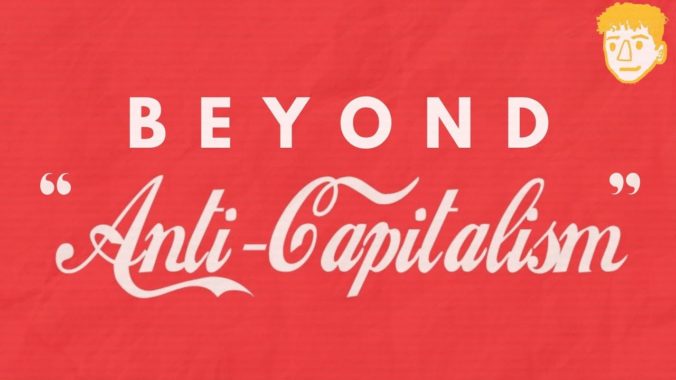When I got the latest issue of Current Affairs in the mail in August, the article on life coaching by Ronald Purser stood out to me.
I’ve never hired a life coach. Nor, thankfully, have I ever desired to become one. But I’ve flirted a few times with the idea of working with a therapist – or even a coach – around career issues. Why not hire an impartial professional to talk through these issues with you? It seems like a good idea.
That’s all to say that a person who starts a blog about, among other things, alienation and corporate ennui might have a few issues in those areas with discussing with a professional. Who’d have known?
In his article, Purser makes all the criticisms of the life coaching industry we’d expect. The issues Purser raises are the same ones that keep people like me from seriously considering getting into life coaching, as either practitioner or client.
What are those issues? There are no meaningful standards or regulations in the industry. Various grifters use life coaching and related marketing campaigns to make quick money. Even Silicon Valley has gotten in on the game by investing that sweet, sweet VC money.
So should we celebrate our victory after exposing the life coaching industry for its shortcomings? Not exactly.
More than anything, I think we should feel a sense of disappointment or missed opportunity. The issues people bring to life coaches are real, even if the coaching isn’t. And people should have access to what they need. In short, life coaching fills a real niche, however badly.
There are many things we deserve in a socialist society. A ‘life coach’ worth having is one of those things.



